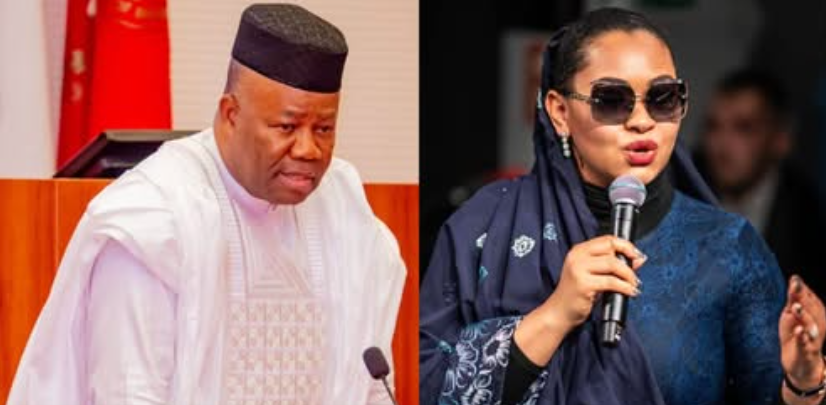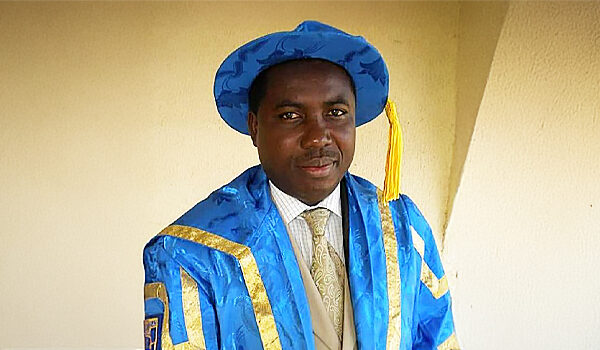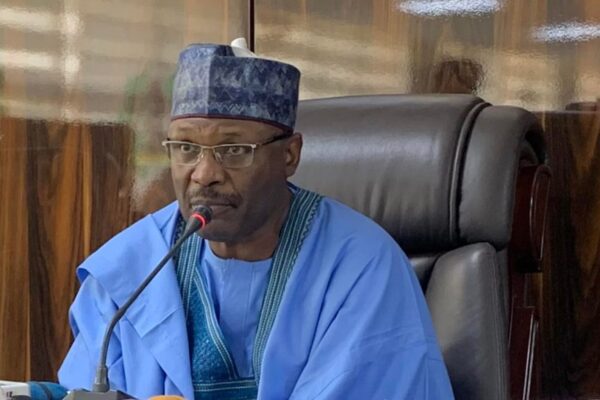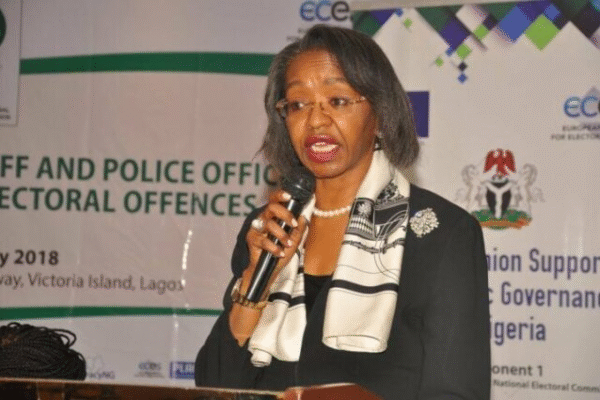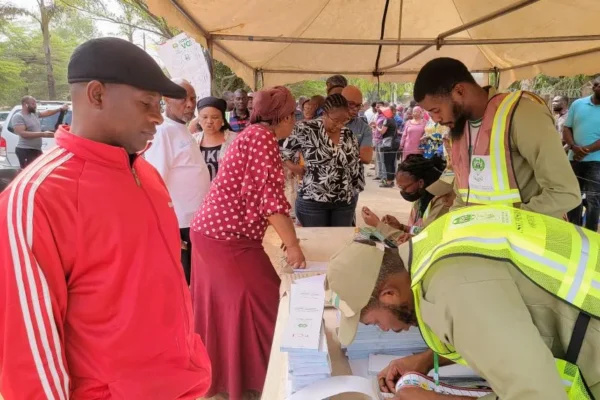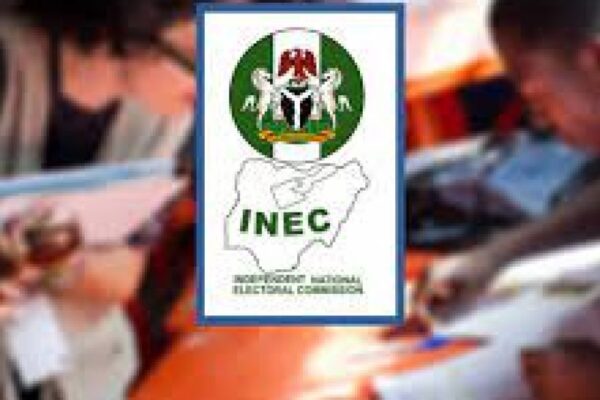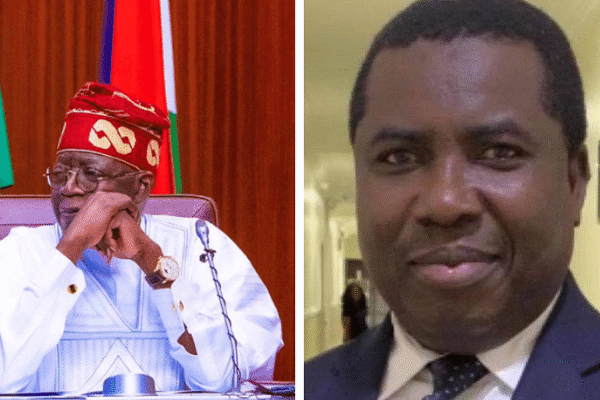
Tinubu Requests Senate Approval For Joash Amupitan As INEC Chairman
President Bola Tinubu has sent a formal request to the Senate seeking confirmation of Joash Amupitan as the new chairman of the Independent National Electoral Commission (INEC). The request, communicated in a letter to Senate President Godswill Akpabio, was read during Tuesday’s plenary session. Amupitan’s appointment was unanimously approved by the National Council of State on October 9. A Senior Advocate of Nigeria (SAN) and Deputy Vice-Chancellor (Administration) at the University of Jos, he will succeed Mahmood Yakubu, who completed his tenure at the commission. In the letter, Tinubu emphasized that the confirmation aligns with Section 154(1) of the 1999 Constitution (as amended), and expressed hope that the Senate would expedite the approval process. Following the reading of the letter, Senate President Akpabio referred the matter to the Committee of the Whole for further legislative consideration.

